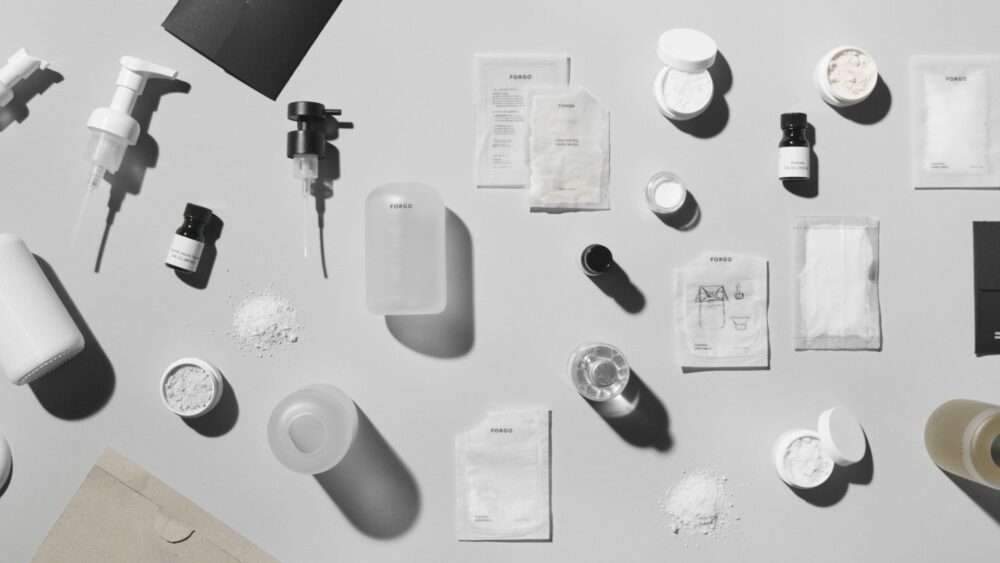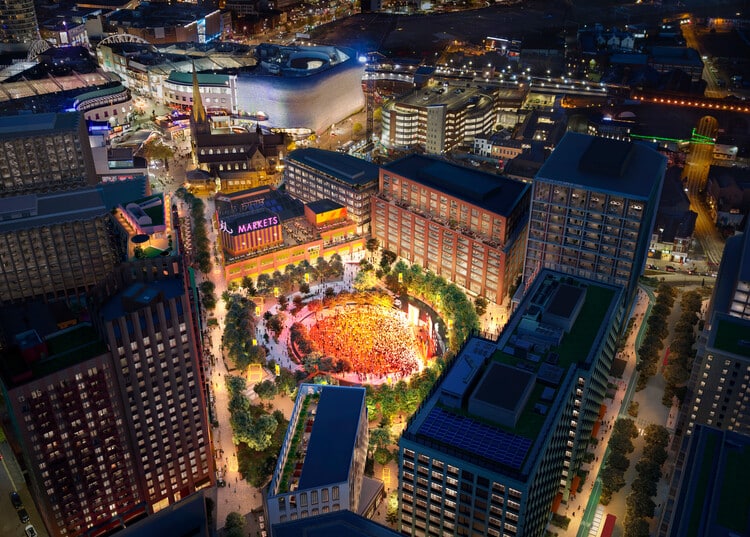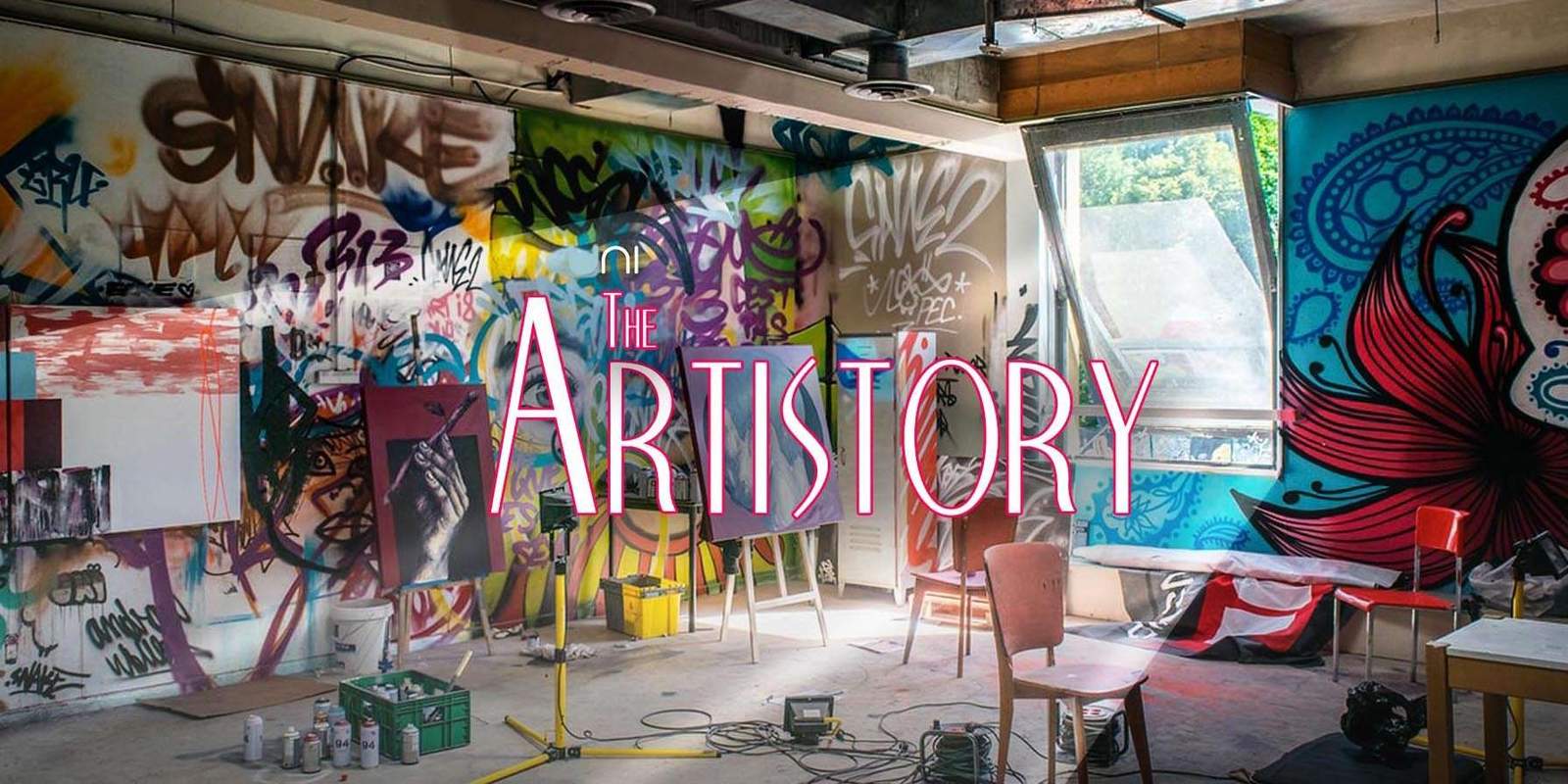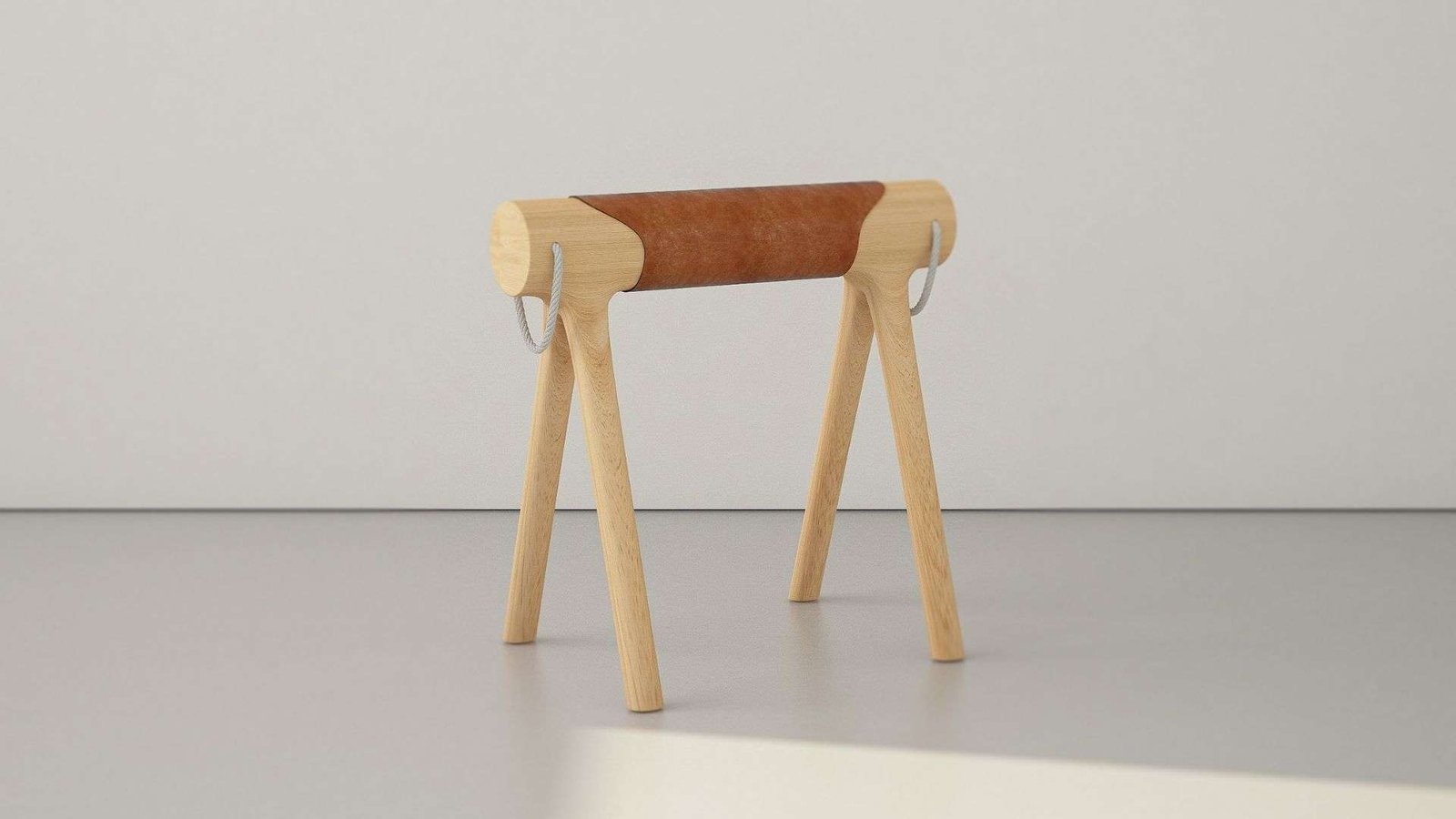Form Us With Love is making sustainable design into sustainable business
Form Us With Love is making sustainable design into a sustainable business
At DesignWanted we enjoy a good play on words, especially when it comes to design. That’s why we’re fans of the moniker of Stockholm-based design studio Form Us With Love (FUWL), which playfully swaps out “From” with “Form”, underscoring the importance of form as an essential pillar of design.
And while we’ve already featured past articles on FUWL – including to showcase their innovative Shift sofa and Levels bench – we had to come back for more: this time to get more to the core of their processes, their approach to sustainable design, and their sustainable business ventures to learn more about what makes this multidisciplinary studio tick.

Because as brands and companies continue to re-examine how they do business in a context of increasingly pressing ecological issues, FUWL is fostering ventures and assisting clients in making ecology a part of their business strategy.
We caught up with FUWL founder and CEO Jonas Pettersson, who created the studio in 2005, to learn more about what this international and multifaceted studio has been working on and what they’ve got coming up next.
When FUWL decides on new ventures, how does it vet potential partners and what are some non-negotiable criteria?
Jonas Pettersson:
“We incubate projects that might turn into ventures. It’s our internal projects initiated by anyone on the team. It allows us to invest in ideas that can improve life for people, businesses, and the planet. We usually incubate a project in 6-18 months, and if relevant, we set it up as a venture.
We believe strong culture is key for any idea to grow, so shared values are fundamental for anyone we work with, also when setting up ventures.”
 Problems Book by Form Us With Love
Problems Book by Form Us With LoveFUWL’s book Problems dives into the process the studio follows when approached by a client or embarking on a venture or project that arises to resolve a problem. Can you give us a taste of the process the book describes?
Jonas Pettersson:
“The book’s name is Problems, which is part of our everyday methodology. The first thing we do when getting our hands off a brief is to understand what to solve. It’s easy to jump to conclusions. It’s also fun to develop ideas, but is it relevant? Do we have the right insights, or are we basing our ideas on preconceptions? For that reason, we must explore the problem before defining the solution.”
In incubating and co-venturing projects in sectors of which FUWL has little or no prior knowledge, how does the studio close the gap and grasp key issues?
Jonas Pettersson:
“We have multiple tools and processes, as our daily operation is to work in the field of the unknown. Every project is a blank slate, so we are used to turning nothing into something.
One of the most simple and powerful tools is prototyping. We do strategic work and bring forward ideas, but I would say prototyping is key to closing the gap to the unknown. For example, when we incubated Forgo, we explored the problem with liquid soap, which is about the problem of shipping water and generating an enormous amount of plastic waste.

The solution was to develop the first powder-to-liquid hand wash. Great idea, but how to make it? We approached it as any project, set up our small lab in the studio, and started to build our formula—the same methodology as when prototyping a chair or electronic product.”
FUWL incubated the FORGO powdered soap packets venture as an alternative to single-use plastic soap bottles. What lesson do this project and similar ones serve for the design world in finding feasible sustainable alternatives to the way people consume things?
Jonas Pettersson:
“It’s hard, very hard. Changing people’s behaviors is hard. Most people have their routine of buying and consuming, and it’s hard to change, even if it’s more sustainable. The sustainable options must be at least as convenient and/or comparable in price to be scaled. Forgo has proven it’s possible, and with more similar initiatives in the market, we will see a positive change over time.”

The studio’s venture BAUX serves to create sustainable, beautiful, and functional building products, like upcycled and bio-based acoustic panels. With the construction industry being a big polluter, how can the design world contribute to making it more sustainable?
Jonas Pettersson:
“When setting up Baux, we had the opportunity to define the mission and values from the ground up, which guides all decisions. It allows us to explore and test things. Not to meet the exceptions on sustainability in the market but to exceed them.
It’s way harder for traditional industries to change, as it’s easier to continue with business as usual. But things are changing rapidly, and many of the brands we take for granted might not exist in ten years.”

The studio is committed to redefining waste as a resource. What kind of a mentality shift does this require, and how can designers be a part of this process?
Jonas Pettersson:
“It’s on many different levels, but our main contribution is influencing decision-makers in global industries. It’s a few people with an enormous impact on people’s consumption and, consequently, the planet. Industries are accustomed to using materials and production techniques that are efficient. Virgin materials are way easier to work with than recycled content. The industrial process loves virgin material because we have perfected it since the industrial revolution.
But we will be forced to work circularly sooner or later, so it’s better to start now. The designer’s role is key. Designers are part of the problem. As a profession, we generate desire. Designers are great at making people want to buy the latest sneakers, one more jacket, or the latest car model. Big business will never let go of design, as it brings business. Design is part of the problem, but it’s also going to be part of the solution.”

The studio’s mission is to work on projects that improve life, business, and the planet. As these areas can be potentially conflicting, how does FUWL find a balance in deciding on where to focus its mission?
Jonas Pettersson:
“It’s not conflicting. It guides us in anything we do, a critical approach to design. Most products that surround our everyday life would not exist without a more critical approach. Most of it is developed with one purpose and one purpose only, to do good business.
The business aspect of sustainable design must be there, but slowly the planet is taken into consideration. Shortly, it will be the new normal.”
Are there any new upcoming projects you can give us a sneak peek at?
Jonas Pettersson:
“We are currently incubating a digital tool under the name Material Index. For years, our team member Christian Fiebig has looked into material resources and their impact on the planet. As a studio, we have worked on this topic for many years and realize most information is out there but not put together in one place to make more informed decisions when designing at an industrial scale.
 Form Us With Love is making sustainable design into a sustainable business
Form Us With Love is making sustainable design into a sustainable businessWe are using this data internally, but the next step would be to open it up for all designers to speed up the change in how things are made. Informed decisions at an early stage are key.
At the moment, we are finalizing another project with +Halle, which will be launched in a few months. It’s part of the design process we initiated called Annual Briefing, where multiple designers join around one theme, share ideas, are exposed for critical discussion, etc.
The next theme is Producing. We will soon launch a circular service with Orkla called På(full), which means “refill”. It’s about rethinking how we buy, ship, consume, and refill your everyday essentials.”
Finally, more on Archup:
Heydar Aliyev Center: An Overview Of This Flowy Architecture







